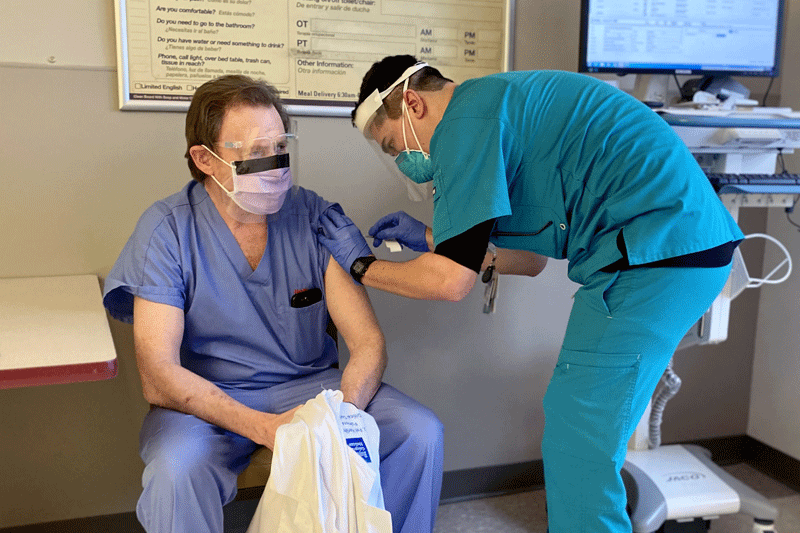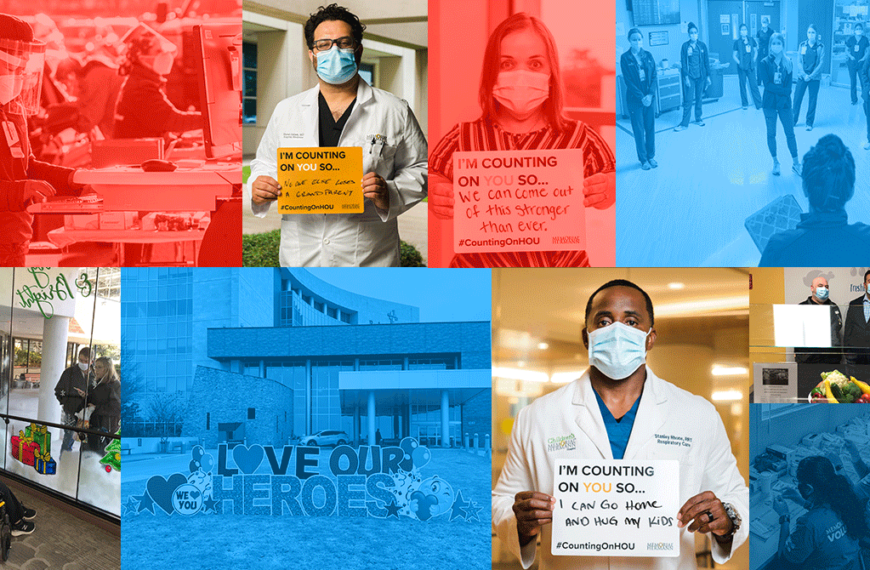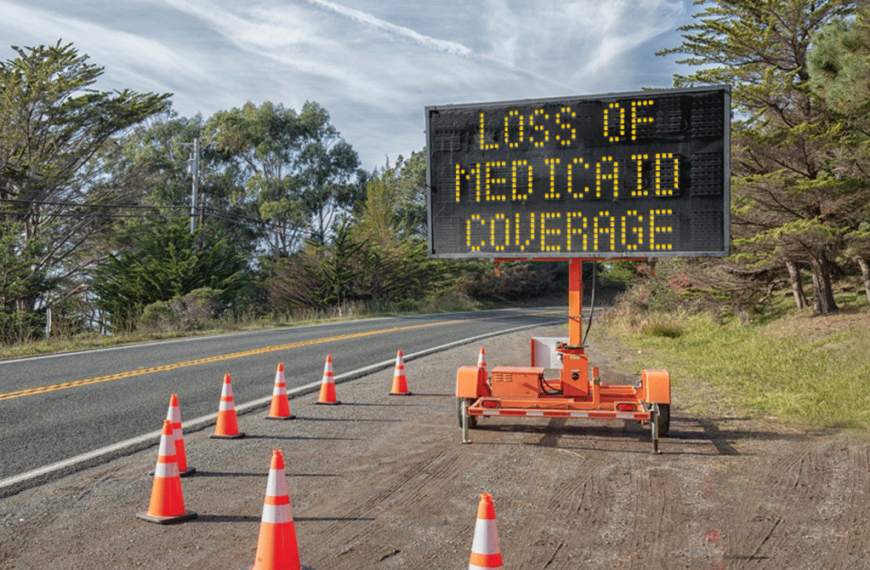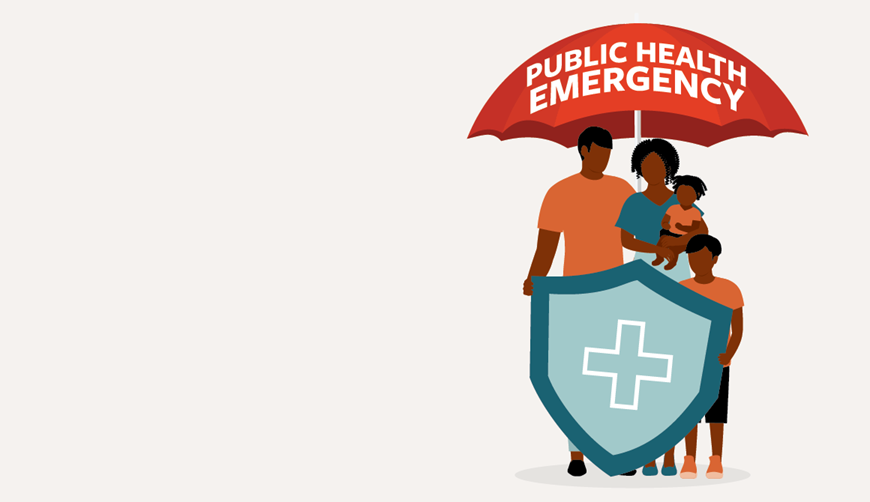Staying out of the hospital during winter weather in Texas, or any region, involves taking precautions to prevent accidents, injuries and health issues. Here are some tips to help you stay safe and healthy during the winter months in Texas:
- Dress appropriately: While Texas generally experiences milder winters, it’s still essential to dress warmly when temperatures drop. Layer your clothing to stay comfortable and protect yourself from the cold.
- Drive cautiously: If there is any chance of icy or wet conditions on the roads, drive with extra caution. Allow for more travel time, maintain a safe following distance, and avoid unnecessary travel during severe weather.
- Prevent slips and falls: Be cautious when walking on wet or icy surfaces. Wear appropriate footwear with good traction and be mindful of slippery sidewalks and driveways.
- Stay warm at home: Ensure your home is adequately heated, especially during colder nights. Use space heaters safely and be cautious with heating sources to prevent accidents.
- Keep your home well-ventilated: Proper ventilation is essential when using heating appliances to avoid carbon monoxide buildup. Make sure your heating systems are well-maintained and follow safety guidelines.
- Stay hydrated: Even in colder weather, it’s crucial to stay hydrated. Drink plenty of water to maintain good health and support your immune system.
- Practice good hygiene: Wash your hands regularly to prevent the spread of germs. If you’re feeling unwell, take extra precautions to avoid infecting others and consider wearing a mask if necessary.
- Prepare for power outages: Winter storms can sometimes cause power outages. Have essential supplies, such as flashlights, blankets and non-perishable food items, readily available in case of an emergency.
- Get a flu shot: Protect yourself from the flu by getting a flu shot. The flu can be more prevalent during the winter months, and vaccination is a crucial preventive measure.
- Be cautious with space heaters: If you use space heaters, keep them at least three feet away from flammable materials, and never leave them unattended. Turn off space heaters when you leave a room or go to bed.
- Stay informed: Keep an eye on weather forecasts and stay informed about any potential winter storms or severe weather conditions. Be prepared to adjust your plans accordingly.
- Know emergency contacts: Be aware of local emergency numbers and have important contacts, such as healthcare providers and local authorities, readily available.
Your safety and the safety of those around you is always of the upmost importance in any season. By taking these precautions, you can reduce the risk of accidents and health issues during winter weather in Texas.
Post Grid #1
Vaccines Save Lives; Let’s Make Sure Texas Law Reflects That
It wasn’t long ago that that overwhelming numbers of people across Texas and the nation – on all sides of the political spectrum – knew and acknowledged that vaccines prevent…
COVID-19 in Texas Hospitals: Three Years Later
This month marks three years since the COVID-19 pandemic irrevocably changed the health care landscape. On March 13, 2020, Gov. Greg Abbott declared a state of disaster for all Texas…
Medicaid Enrollees: How to Keep Your Coverage
The state of Texas will soon begin redetermining Medicaid eligibility for millions of Texans who have had continuous coverage throughout the COVID-19 public health emergency. Even if you’re still eligible…
The Latest on Medicaid Coverage and the COVID-19 Public Health Emergency
The federal COVID-19 public health emergency (PHE), active since late January 2020, was renewed on Jan. 11 for another 90 days. It’s widely expected that this latest extension, running through…




